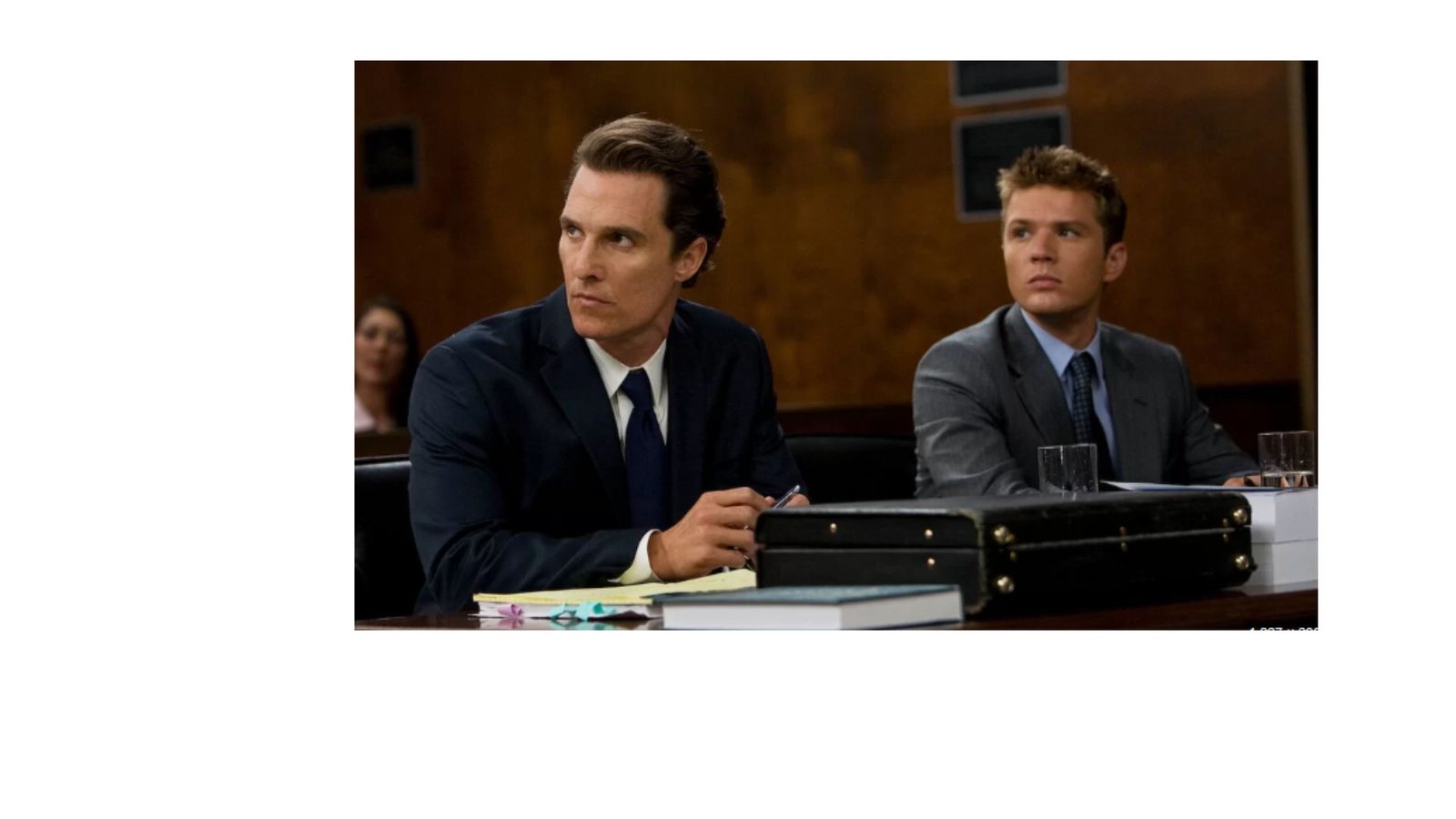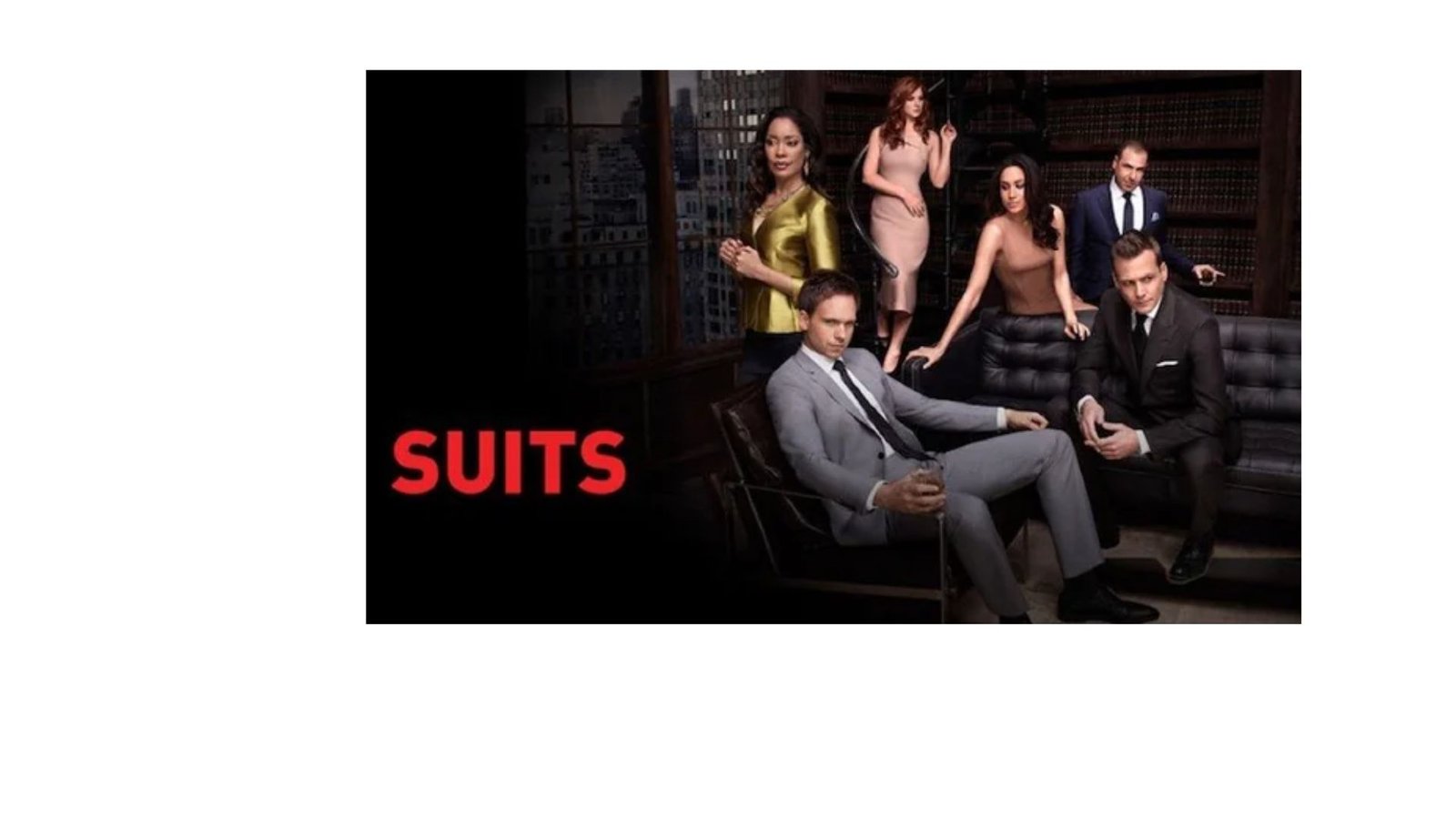
Introduction
In the realm of cinema, lawyers often take center stage. They embody diverse roles ranging from heroic advocates fighting for justice to cunning villains. In all this manipulating the legal system for personal gain. This portrayal not only reflects societal perceptions of the legal profession but also raises profound questions about ethics, morality, and the pursuit of justice. Let’s delve into the multifaceted world of lawyers in cinema, exploring the dichotomy between heroic advocates and cunning villains.
The Heroic Advocate
In numerous films, lawyers are depicted as noble crusaders, fiercely dedicated to fighting against injustice and defending the rights of the oppressed. Characters like Atticus Finch in “To Kill a Mockingbird” exemplify integrity, compassion, and unwavering commitment to their clients’ causes. Their portrayal inspires admiration and underscores the significance of upholding ethical standards in the relentless pursuit of justice.
The Cunning Villain
Conversely, some films portray lawyers as manipulative and morally ambiguous figures willing to bend the rules for personal gain. From corrupt attorneys in “The Firm” to scheming prosecutors in “A Few Good Men,” these characters exploit legal loopholes, manipulate evidence, and prioritize self-interest over justice. Their depiction challenges viewers to confront the darker facets of human nature and the ethical boundaries of the legal profession.
Shades of Gray
In many instances, the portrayal of lawyers in cinema transcends simplistic dichotomies, presenting characters with complex motivations and moral dilemmas. Films like “Michael Clayton” and “The Lincoln Lawyer” depict lawyers grappling with personal demons while navigating the intricate webs of the legal system. These nuanced portrayals remind audiences that the pursuit of justice is nuanced and multifaceted, devoid of easy answers or clear-cut distinctions between right and wrong.
Gender and Diversity
The cinematic portrayal of lawyers also reflects evolving societal norms regarding gender and diversity within the legal profession. While male protagonists have traditionally dominated legal dramas, films like “Legally Blonde” and “Philadelphia” challenge stereotypes and highlight the experiences of women and LGBTQ+ individuals in the legal field. These films celebrate diversity and promote inclusion, paving the way for more representative and inclusive portrayals of lawyers on screen.
Beyond the Courtroom
While courtroom dramas often dominate the genre, some films delve into the personal lives and struggles of lawyers. Mainly outside the confines of the courtroom. From romantic comedies like “The Wedding Planner” to political thrillers like “The Ides of March,” these films offer insights into the human side of legal professionals, showcasing their relationships, aspirations, and vulnerabilities beyond their professional identities.
Legal Ethics in Focus
The portrayal of lawyers in cinema also prompts examination of legal ethics and professional conduct. Films such as “A Few Good Men” and “Philadelphia” highlight the importance of upholding ethical standards and the consequences of ethical lapses within the legal profession. These narratives serve as cautionary tales, reminding viewers of the ethical responsibilities inherent in the practice of law.
Courtroom Dramas
Courtroom dramas have long been a staple of the legal genre in cinema, captivating audiences with riveting trials, impassioned arguments, and unexpected twists. Films like “12 Angry Men” and “A Few Good Men” showcase the tension and drama of the courtroom, offering compelling insights into the dynamics of legal proceedings and the pursuit of truth and justice.
Legal Thrillers
In addition to courtroom dramas, legal thrillers inject elements of suspense, intrigue, and mystery into the genre. From “The Pelican Brief” to “Primal Fear,” these films immerse viewers in high-stakes legal battles, where protagonists must navigate treacherous waters fraught with danger and deception. The tension and suspense keep audiences on the edge of their seats, making for gripping cinematic experiences.
Humanizing the Legal Profession
While legal dramas often focus on the intricacies of the legal system, some films seek to humanize the legal profession, portraying lawyers as flawed yet relatable individuals grappling with personal and professional challenges. Movies like “The Verdict” and “Philadelphia” offer poignant portrayals of lawyers confronting moral dilemmas, personal demons, and existential crises, reminding viewers of the humanity behind the legal facade.
Impact on Public Perception
The portrayal of lawyers in cinema not only entertains but also shapes public perceptions of the legal profession. Positive portrayals can inspire admiration and respect for the legal profession, while negative portrayals can perpetuate stereotypes and erode public trust. It is essential to critically analyze these representations and consider their implications for real-world attitudes and behaviors towards lawyers and the legal system.
Conclusion
The portrayal of lawyers in cinema is a rich tapestry of heroic advocacy, cunning villainy, and nuanced characterizations. All these reflect society’s complex relationship with the legal profession. Through diverse narratives and compelling performances, filmmakers offer insights into the ethics, morality, and complexities of the legal world. They challenge viewers to contemplate the nature of justice, truth, and human nature itself. As cinematic representations continue to evolve. They will undoubtedly continue to provoke thought, spark discussion, and illuminate the enduring fascination with law. Also touch on justice in the human psyche.
you can find more here:
Navigating the Legal Landscape of Personal Relationships
Unveiling the Cornerstones of Legal Principles

